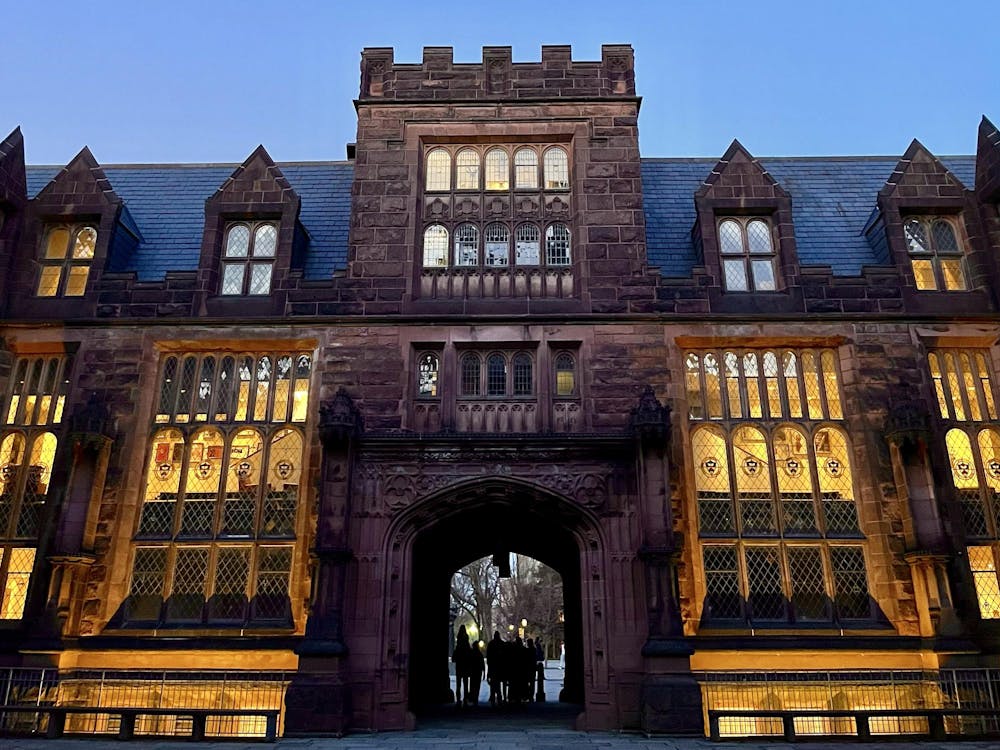My mom cried when I showed her that I had a bed of my own in my dorm room. She cried because I spent almost my entire life sleeping on either the floor or the living room couch. She said, “God has blessed my baby with a bed of his own.” I didn’t think much of it at the time, until I woke up from my first night at Princeton and felt more rejuvenated than ever. The dull ache in my back to which I had become accustomed wasn’t there anymore. I ran my hands across my bed sheets and felt a newfound sense of ownership. These were my sheets, and this was my bed. I began to feel very sentimental and gave a short prayer of thanks to God for affording me this opportunity, at the number one university in the United States. I was excited to tackle my first semester at Princeton and to be exposed to the academic richness that the University had to offer.
This excitement began to dwindle as the semester went on. Instead of being intrigued by the work from my classes, I felt anxious about what I needed to remember for my quizzes and exams in order to get good grades. I was always comparing myself to other people who seemed to handle the workload much better than I did. I felt intimidated by those who said that their high schools prepared them well enough for some of the classes that they were taking at Princeton. My high school was ranked one of the worst schools in Guam, so I didn’t have the resources that I needed to prepare myself for college. Moreover, as a first generation college student, my parents didn’t have the abilities to advise me on what I needed to do in order to succeed in college.
The first semester of college is difficult for all students, but it tends to be more difficult for low-income first generation students. Many students here feel the pressure to succeed because their parents expect them to. However, many low-income first generations feel the pressure to succeed because their parents need them to. In fact, many of them have worked hard throughout high school to attend a school as prestigious as the University so that they can provide a better life for their parents and siblings. This creates more pressure for these students because they might feel that their failures will have negative repercussions not only on themselves, but also on their families.
When I went back home for winter break, I was reminded why I worked so hard in high school to get into a school like Princeton. Revisiting the poor conditions in which my family and many others in Guam continue to live after being exposed to the abundance of resources offered at the University made me recall the ambition and motivation I had as a high school student to succeed. At first, I thought this was a feeling specific to me; however, after talking to my friends about our breaks when we came back to campus, I discovered that many of them felt the same way. One of my friends said that when he went back home, he remembered that he was poor— the exact same thought that I had.
One of the reasons that low-income first generation students have a difficult time during their first semesters, and even throughout all of college, is that they feel as though they are not good enough. Also, they might feel that their success in college will not be enough to provide for their family. They might think, “Well, my family has been poor my entire life. How is my success in college going to change that?” This belief that the rich remain rich and the poor remain poor creates an environment in which those who have been subjected to poor conditions are almost dissuaded to better their lives. However, we, as Princeton students, must remember the power a Princeton degree holds. As pretentious as it may sound, Princeton has an alumni network that traces back to some of the most powerful people in history. We cannot let others, and especially ourselves, get in our way.
Moreover, we must not doubt the reasons we were accepted to the University. Many people might believe that students like myself got in because of where we came from and that the poor conditions in which we have lived might have made us seem more “interesting.”Low-income first generation students must realize that they are more than their socio-economic status. We deserve to be here as much as any other person on this campus, and we should not feel discouraged when concepts do not come to us as quickly as those who went to better schools than we did. Instead, we should use this fact as motivation to work harder and to showcase our capability to succeed despite the conditions in which we have grown up.
Matthew Choi Taitano is a freshman fromYigo, Guam. He can be reached at mtaitano@princeton.edu.







